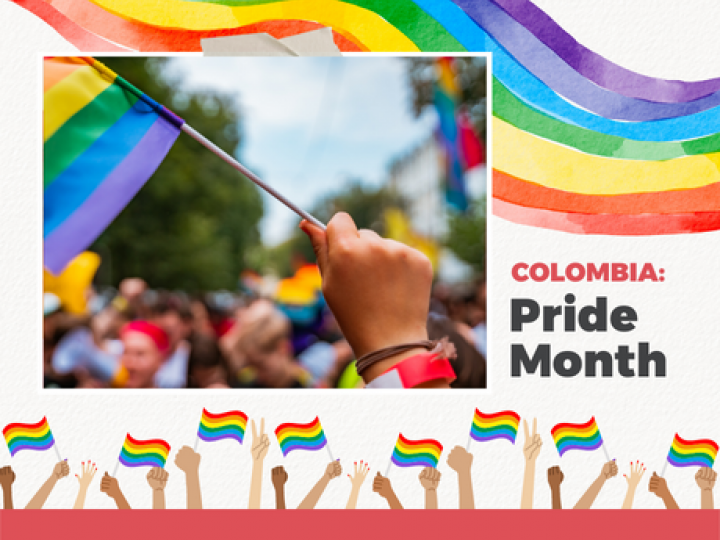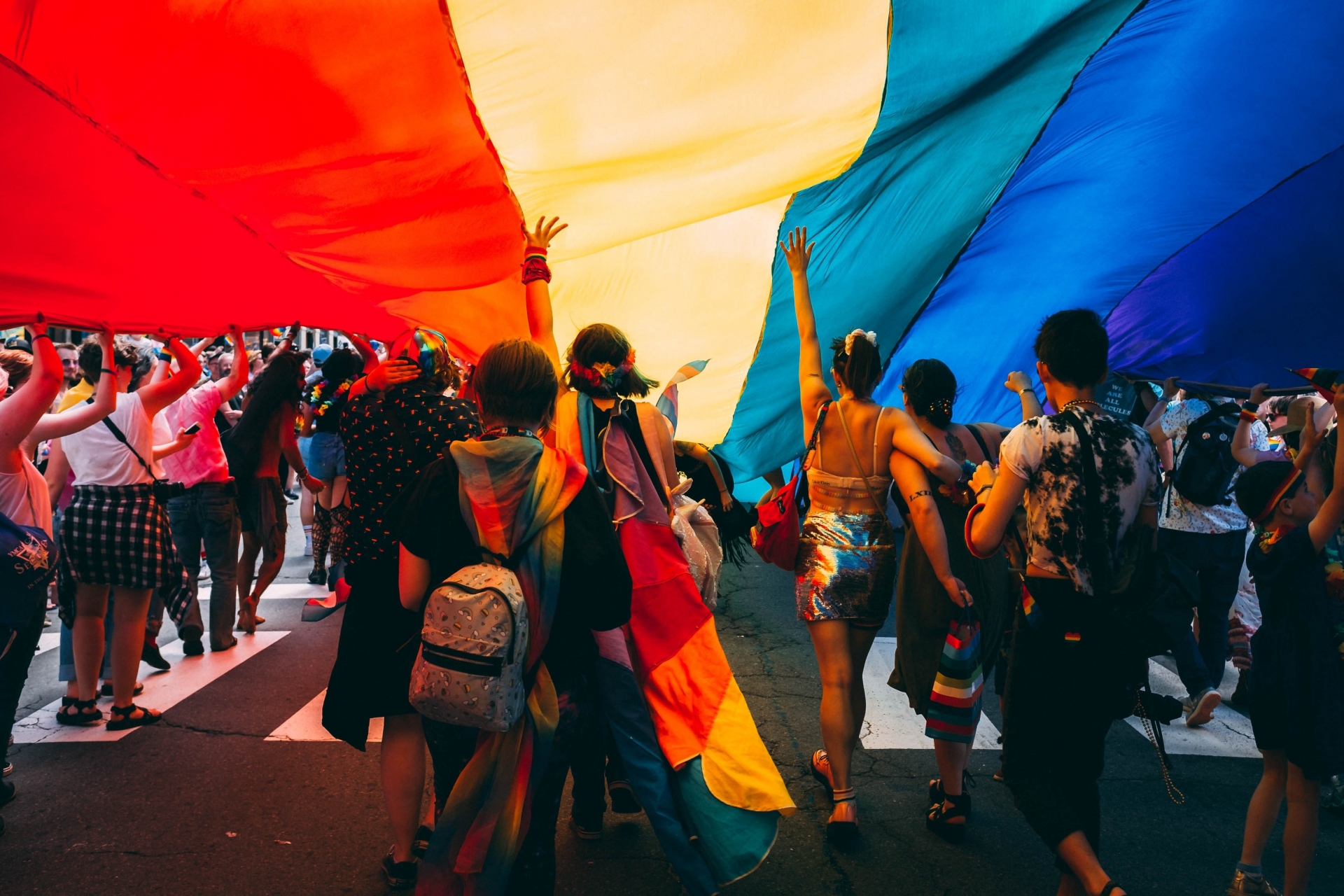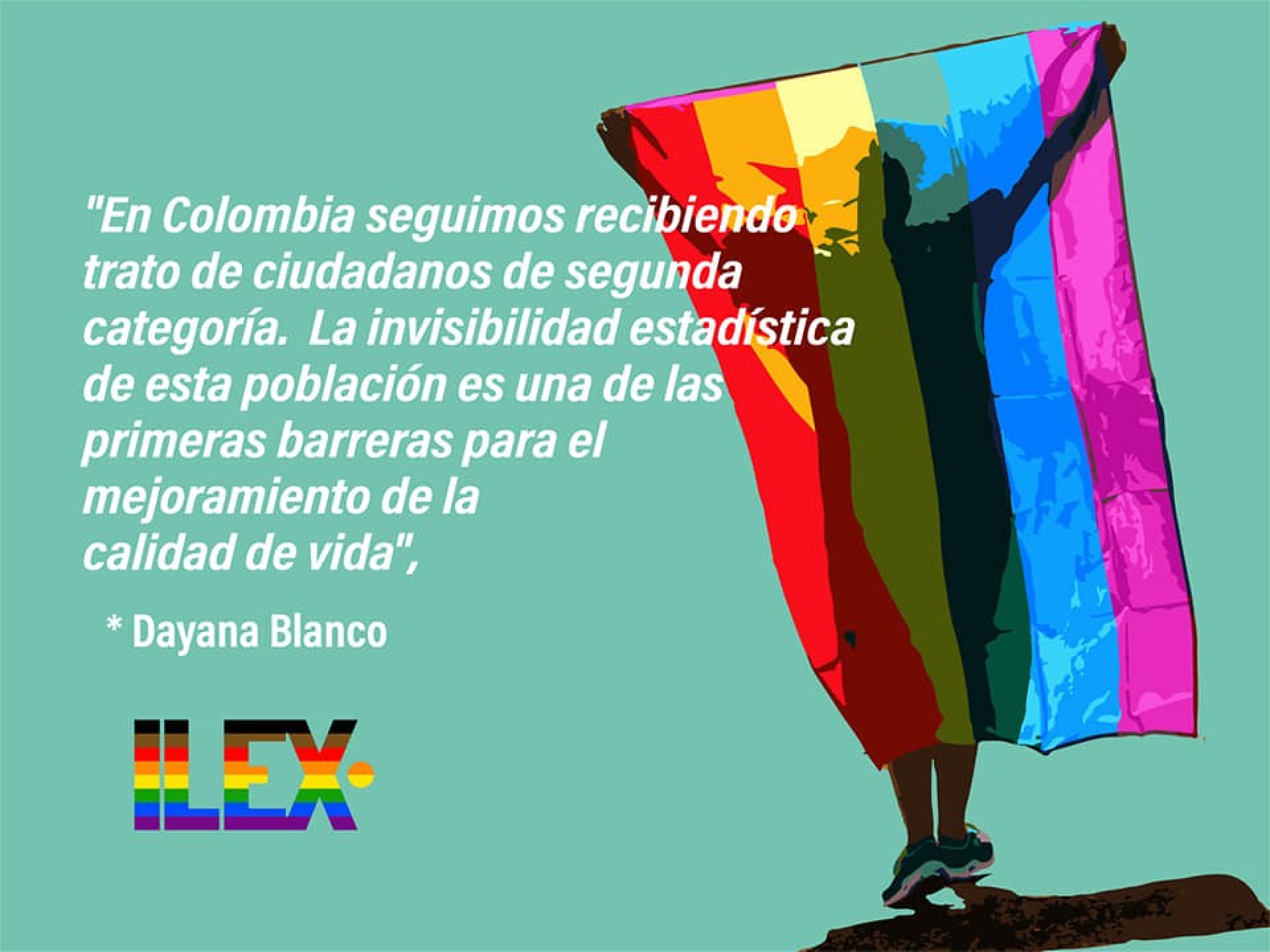Manuel Velandia is a human rights defender who changed the history of the LGBTQIA+ movement in Colombia. The self-described "queer" activist led the first Pride march in the Andean country, and the third in Latin America, in a journey with 30 people to raise awareness of the issues and promote the rights of the community.
Even though a year earlier (1981) homosexuality had been decriminalised in Colombia, this historic day set a precedent. From that moment onwards the country was at the forefront of the LGBTQIA+ rights movement.
Since 1991, the right to equality, the constitutional principle of pluralism and the right to free development of personality have been established in the constitution. Between 2007 and 2008, the marital union between homosexual people was approved. In 2015, trans people over 18 years old were guaranteed the right to change their legal gender on all identification documents. The following year, in 2016, same-sex marriage was legalised.
During the same year, the historic Colombian peace agreement that ended more than five decades of conflict included LGBTIQ+ people in the process and implementation for the first time in the world. The Gender Subcommittee, which included an LGBTQIA+ representative, and the negotiating parties recognised that LGBTQIA+ people were disproportionately affected by the conflict.



